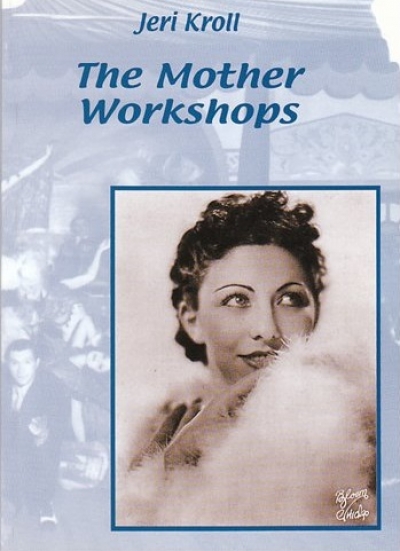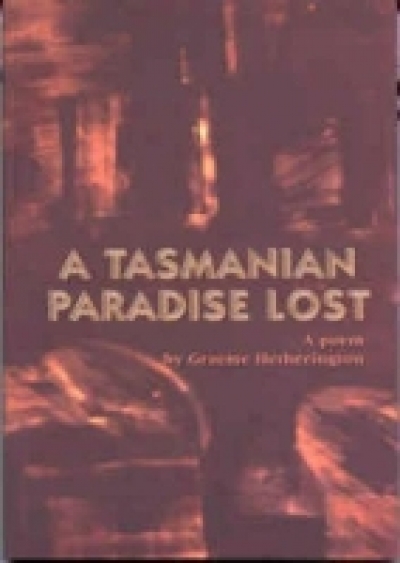Poem
The Mother Workshops and Other Poems by Jeri Kroll & Shadows at the Gate by Robyn Rowland
I have left its windows open
so you might as well climb inside
where you can be safe for now from weather,
and though you’re already feeling intrusive
think of yourself as a museum visitor
to a reconstruction of a life now silenced.
The bed, I know, has not been made
but the silver cutlery on the formal dining table is meticulous.
You will not be roped out of any room
and you can be confident
the writer left before you and your party arrived.
The place is left as realistic as anything you might write yourself.
Dirty clothes (for instance) are piled into a predictable straw basket,
their odour not quite animal or human, ... (read more)
Bruce Beaver died peacefully in his sleep on February 17, a few days after his seventy-sixth birthday. He had been under dialysis for a dozen years, so the news was not unexpected. But it is always a shock and a sadness when a commanding poet dies.
Bruce Beaver (born in 1928) published his first collection of poems, Under the Bridge, in 1961, a time when Australian poetry was paddling through something of a lull. The generation of poets who had come to maturity during World War II (Judith Wright, Rosemary Dobson, Douglas Stewart, John Blight, David Campbell et al.) had by the end of the 1950s become, in a sense, predictable. The newer generation was spearheaded by Chris Wallace-Crabbe’s remarkable and zesty first collection, The Music of Division (1959): urbane, a bit Audenesque and very Melbourne. Beaver immediately announced himself as a regional poet – Manly, indeed – and he sustained that capacity to give Manly a soiled, solid, sordid and singing quality, with the whiff of ozone and salt, and an old resilience that would not be smothered by the superficial changes of the subsequent decades.
... (read more)On the Hiryu, Hajime Toyoshima
Starred in the group photos like Andy Hardy,
He was so small and cute.
... (read more)On the Hiryu, Hajime Toyoshima
Starred in the group photos like Andy Hardy,
He was so small and cute.
His face, as friendly as his first name
... (read more)The Cypriot brought his wine-dark eyes with him
Along with his skin and hair. He also brought
That shirt. Swathes of fine fabric clothe a slim
Frame with a grace bespeaking taste and thought.
How will they remember us, the dead?
As a cause – a just cause – or simply an end?
Grennan sucks in air along his gums and yells
again to Davey who is filling the trough
of the gunwhale with scrabbling crabs. Far off
lightning slips down the sky like a forkful ...
A Tasmanian Paradise Lost by Graeme Hetherington & Other Gravities by Kevin Gillam
He sang of old coins buried beneath the dunes,
to the north of the island, near the old artillery battery.
For forty years he rowed for mullet north, and south,
where the war epic motion picture was shot recently.
To the north of the island, near the old artillery battery
we played hide and seek as kids in acres of bladey-grass.
Where the war epic motion picture was shot recently
no one was allowed within a thousand metres.


